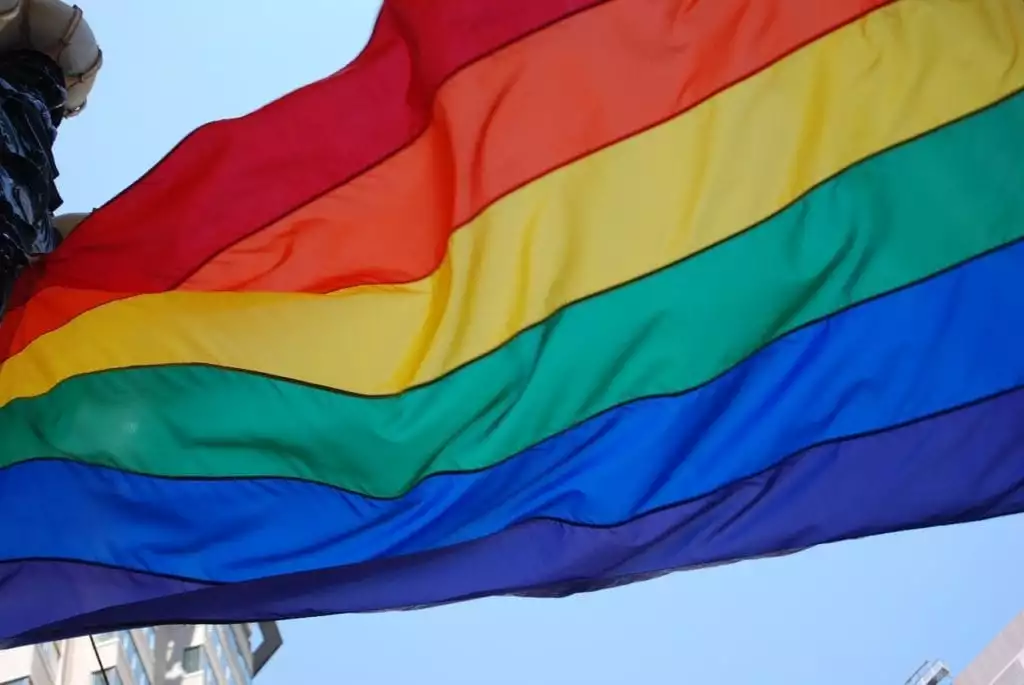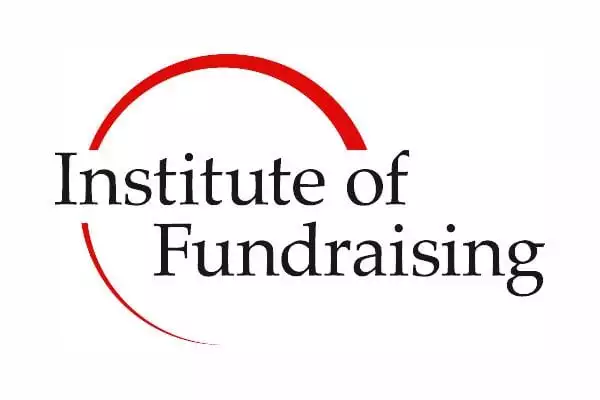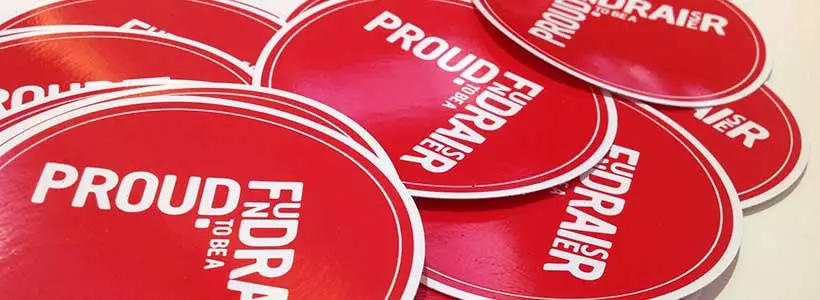Unacceptable behaviour by donors, condoned by charities. Things must change
In summary, and just from my own, limited, evidence:
1) Some fundraisers are being subject to inappropriate and unacceptable behaviour by donors, don’t know what to do about it, and fear that if they try to do something, they will not have the full backing of their employer charity, and may even lose their jobs.
2) Some charities are taking the view that fundraisers must suffer this behaviour because the donors are too important.
Advertisement
All of the anonymised quotes that follow are recent and from real fundraisers. I’ll explain their provenance and what I think of them at the end of this article.
“He slapped me on the thigh and told me to “run along filly” because my legs were better than his and so I’d find it easier to attract a taxi. In shock, I said nothing and felt awful. I told my boss the next day and she told me we couldn’t afford to lose the donor and that his generation don’t really mean it the same way as I took it.”
“A couple of young female fundraisers met a potential major donor at his hotel lobby one evening for a drink to discuss his company’s fundraising for their charity, which had already been discussed at length and contracts were being exchanged. The company had already put the charity’s logo on their website.
“He invited them up to his room to continue the conversation. He suggested that a significant personal gift would be forthcoming on top of the corporate support if they carried on talking. The two fundraisers said no, that the lobby bar was plenty private enough. He withdrew his company’s support shortly afterwards.”

“A black fundraising director was kept back from meeting certain donors because of the colour of his skin.
“He was expected to laugh at a joke about a “n***** in the woodpile”.”
“A young gay fundraising director of a small HIV charity, whose fundraising committee comprised mainly wealthy gay men, was constantly subjected to wholly inappropriate verbal behaviour and innuendo. Although perpetrated by only a few committee members, it was enjoyed by all (except the young fundraising director). At no point did any of the committee, or the chair, call a halt to this behaviour. The fundraising director saw it is a norm.
“When he reported it to a senior member of staff, he was told he was using his sexual wiles to get his way with the members of the committee.”
“I’ve had my own experiences with this ‘We can’t afford to upset the donor’ mentality in past roles, to the extent where I went to the development chair of the board, and then the board chair, regarding the matter. Having exhausted those avenues of intervention, I ultimately decided I needed to resign my position. Remaining in my role would not only have subjected me to further abuse from this donor, but it also sent the implicit message that it was allowable.”
“How often do we, as fundraisers, hear how so-and-so donor “means well” or they’re “too important” to upset/bother? The fundraiser is essentially told to go along to get along, while no one has a direct and honest conversation with the donor about the concerns or adverse effects of the behaviour. And so, the donor’s behaviour continues, at the expense of staff morale, beneficiaries’ rights and organisational reputation.”
“I had a meeting with the chair of trustees. The meeting did not go well. As we were walking away from the meeting, he put his arm around me and squeezed me to him whilst saying “this would all be so much easier if you were just friendlier, Jane.”
“He went to kiss me but I managed to wriggle away. My contract was terminated about a week later”.
“I noted one example in my opinion piece but I could have provided more from my experience. A far too large number of my colleagues could do the same…”
Imbalance of power
I am seriously shocked. And I have been around quite a long time. A discussion was started on Facebook, by Ian MacQuillin, of Rogare, in his ‘critical fundraising forum’, which has just 1,026 members. Initially I posted a sceptical response. Over two days, my thinking was transformed. All the above examples came from the string of posts that followed, from just 1,000 possible readers, over just two days.
So this can surely only be the tip of something considerable?
I have thought deeply.
All of these examples, and this whole issue, are fundamentally about the imbalance of power between donor and fundraiser, and are not simply about diversity, a subject about which I also feel strongly.
For thirty years I was Appeals Director of NSPCC, then the third largest fundraising charity. And I was highly active in the fundraising sector. But I never even heard this spoken about.
And, indeed, I believe this is a problem with a small proportion of donors, most of whom would be as shocked as I. And a small proportion of charities. But it is a problem, and it must be tackled.
Now that I am no longer an appeals director, you may say: “You would say that”, but I genuinely believe what I am about to write. If I had been made aware of such incidents in my 30 years as Appeals Director of NSPCC, I would have taken firm action (subject, of course to the wishes of the staff member), and would certainly have given the staff member every possible support.
I cannot conceive of doing anything else.
I am now beginning to feel considerable remorse at the possible scale of abuse that was probably taking place under my nose, yet I neither knew it, nor did anything about it.
(We did put in place a procedure for protecting staff members who made home visits to major donors and legacy pledgers, but this was precautionary, unpublicised, and certainly not up to what is currently being described.)
Am I over-reacting? I really don’t think so.
All the above examples are taken from blogs or articles which would have been read by many. Why has no-one taken action? Do we, actually, believe this is the status quo, and that we must live with it?
“My impression is that organisations are often willing to let fundraisers suffer in the name of the greater good and that these issues can be considered to be the cost of doing business. I expect this is one of the reasons why there is such a high turnover within the profession. Thankfully these attitudes are changing across society but as long as there are organisations struggling for funds then there will be pressure to do whatever it takes to secure donor support.”
As a Trustee of the Institute of Fundraising I know the team are already considering how they will incorporate these issues into work they are already progressing around safeguarding.
Minds other than mine need to be applied to thinking about how to create change. And it must not be rushed. I will let go. But might I suggest a few things that should be considered?
- Making fundraisers aware of the problem, and giving them guidance as to how to deal with it, including informing their manager.
- Re-assuring fundraisers that they will be fully supported, and certainly not be penalised, and won’t lose their jobs.
- Giving instruction to managers about how to handle problems raised.
- Having an organisational policy of zero tolerance, probably involving ACEVO, and NCVO.
- And a way of giving appropriate feed-back to the many donors/corporates/volunteers who may have inadvertently over-stepped the line, and should be allowed to apologise.
- Yet also a very clear procedure for dealing with situations that simply cannot be accepted, and must be dealt with.
I am sure there is much else. This is off the top of my head. And, of course, we need to be aware of possible vexatious claims.
Our response to this should be considered carefully, and will take time. But, I believe, there should be action, now. At the very least, it should be discussed. And fundraisers must be told they are not alone. Now. By the people able to create change.
“Our people are our greatest asset.”
We must now deal with the unacceptable behaviours of some donors towards some fundraisers.
- Read Giles Pegram’s update post on this topic from July 2018.
Giles Pegram CBE
Consultant
23.iii.2018
© Giles Pegram CBE








